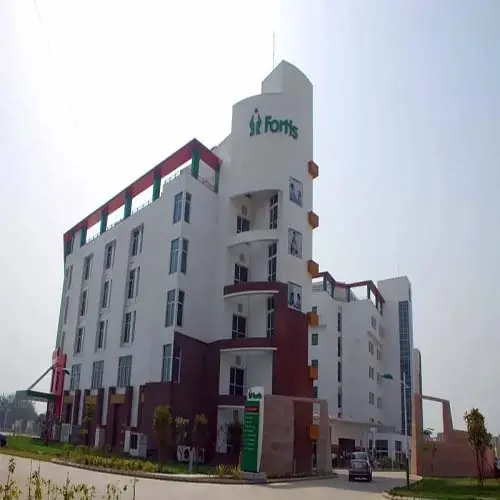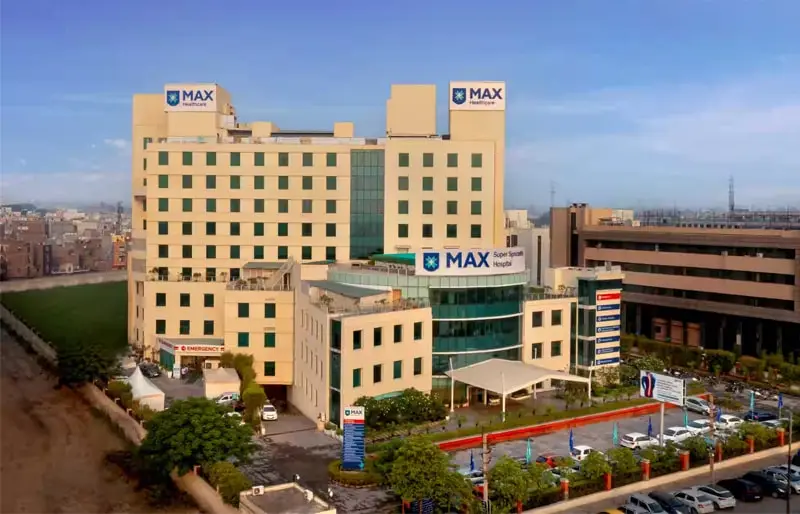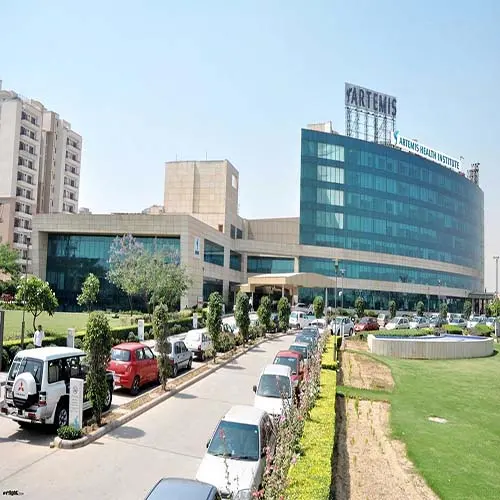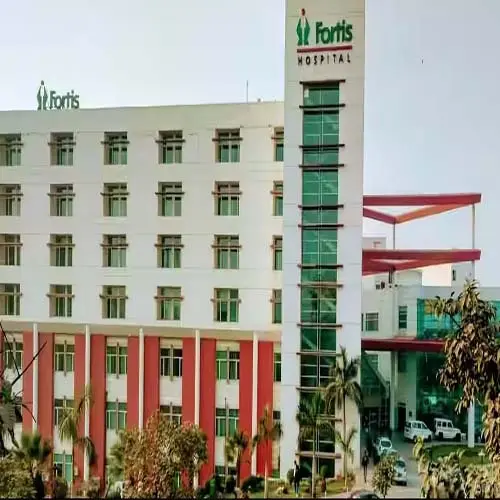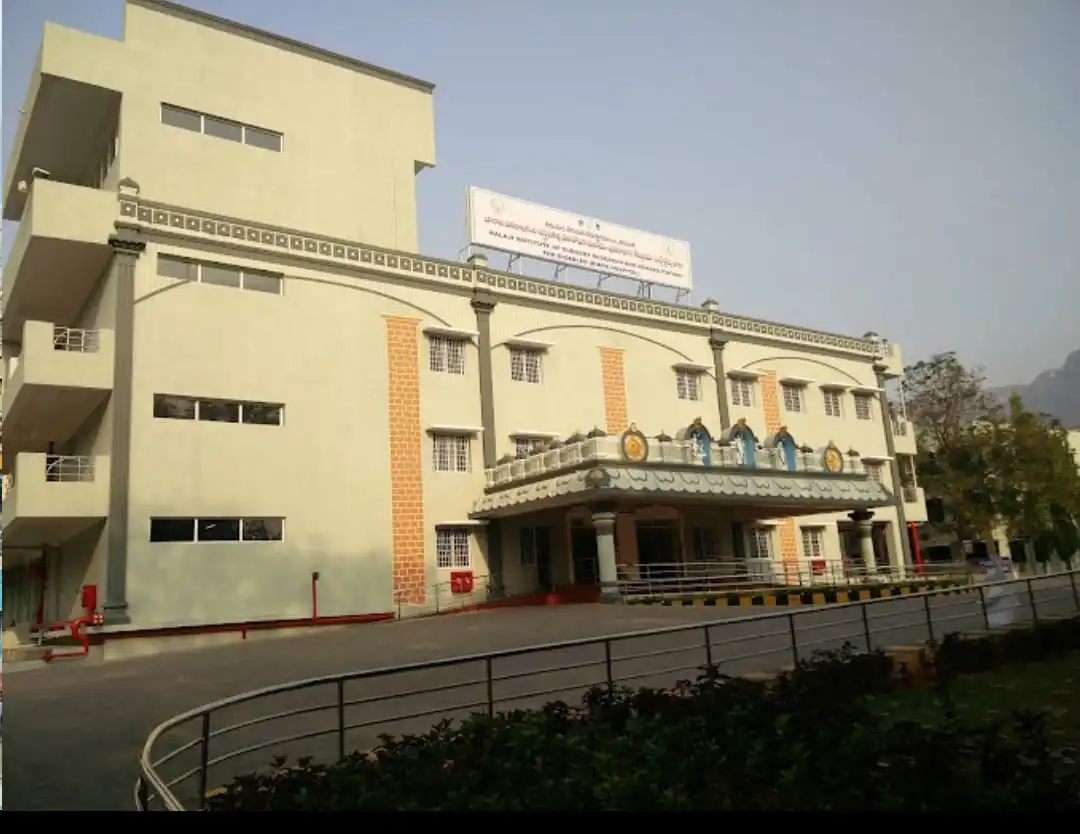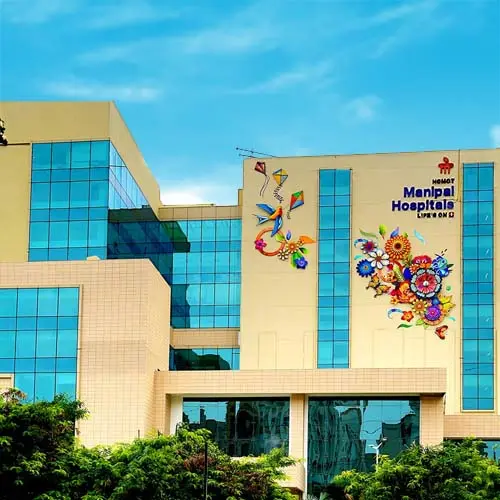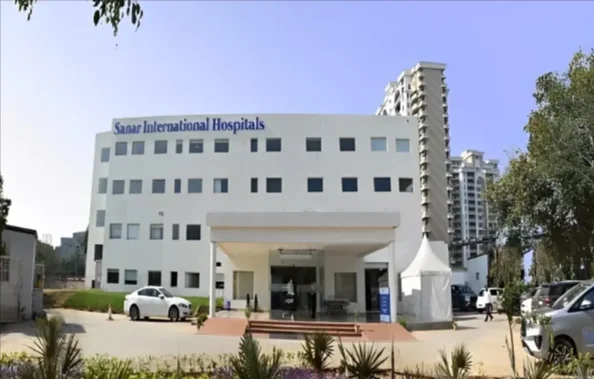Weight Loss Surgery cost in India
Weight Loss Surgery cost in India ranges from $3,500 to $7,500 (approximately ₹2,90,000 to ₹6,30,000), making it far more affordable than in many Western countries while still providing world-class medical expertise. The final cost depends on the type of bariatric procedure performed, the patient’s health condition, hospital facilities, and the city where the treatment is carried out. Common procedures include gastric bypass, sleeve gastrectomy, adjustable gastric banding, and mini gastric bypass, each designed to help reduce food intake and promote long-term weight loss.
Cost Range of Weight Loss Surgery cost in India
Bariatric surgery is often recommended for individuals who struggle with severe obesity and related health conditions such as type 2 diabetes, hypertension, sleep apnea, and joint problems, especially when diet and exercise alone are not effective. The surgery not only helps in reducing weight but also improves overall health, energy levels, and quality of life.
India has become a leading destination for weight loss surgery due to its highly skilled bariatric surgeons, modern hospitals, advanced laparoscopic technology, and comprehensive post-surgery care. Patients also benefit from personalized diet counseling, lifestyle guidance, and follow-up support, ensuring sustainable results and a healthier future.
Get a free cost estimate
Who is a candidate for weight loss surgery in India?
Weight loss surgery, also known as bariatric surgery, is a transformative option for individuals struggling with severe obesity and related health issues. In India, candidates for this procedure are carefully selected based on a combination of medical and psychological factors to ensure they are likely to benefit from the surgery and adhere to the necessary lifestyle changes.
Obesity Classification
Candidates typically have a Body Mass Index (BMI) of 35 or higher with obesity-related health conditions (e.g., diabetes, hypertension), or a BMI of 40 or higher regardless of comorbidities.
Previous Weight Loss Efforts
Ideal candidates have made significant, sustained efforts to lose weight through diet, exercise, or medication but have not achieved lasting results.
Health Conditions
Individuals with obesity-related conditions like type 2 diabetes, sleep apnea, or joint problems who have not improved with conventional treatments may be considered.
Psychological Readiness
Candidates should have a stable mental health status and be prepared for the lifestyle changes required post-surgery, including dietary modifications and regular follow-ups.
Age Criteria
Typically, candidates are between 18 and 65 years old. Exceptions may apply based on individual health profiles.
Commitment to Lifestyle Changes
Successful outcomes rely on a candidate’s commitment to long-term changes in diet, physical activity, and overall lifestyle. These criteria ensure that candidates are well-suited for weight loss surgery and can achieve optimal results.
Types of Weight Loss Surgery Cost
Here is an overview of the common types of Weight Loss Surgery along with their approximate cost range in USD:
Types of Weight Loss Surgery in India | Cost Range in USD |
Gastric Bypass (Roux-en-Y) Creates a small stomach pouch and reroutes the intestine to reduce food intake and absorption. | 6000 - 7500 |
Sleeve Gastrectomy Removes about 75-80% of the stomach, leaving a small tube to limit food intake and hunger. | 4800 - 5800 |
| Adjustable Gastric Band (Lap-Band) Places a silicone band around the stomach to create a small pouch and control food intake. | 3500 - 4000 |
Biliopancreatic Diversion with Duodenal Switch (BPD/DS) Removes a large portion of the stomach and reroutes the intestine for significant weight loss. | 4500- 5500 |
Intragastric Balloon Inserts a balloon into the stomach, inflated to take up space and reduce food intake. | 2500 - 3500 |
Endoscopic Sleeve Gastroplasty Uses endoscopic techniques to stitch and reduce the stomach size, less invasive than surgical options. | 5800 - 6500 |
Get a free cost estimate
Weight Loss Surgery Cost in India Inclusions
First consultation
Treatment as advised
Routine drugs and consumables required during hospitalization
Pre-anesthesia check up and clearance
Hospital stay and meals as per the package (in case of surgery)
Weight Loss Surgery Cost in India Exclusions
Pre-operative examination and tests
Hotel stay, meals and flights
Extended hospital stay
Post-treatment follow-ups
Treatment for any other underlying medical conditions
Any complex investigations or drugs
Other Factors Affecting Weight Loss Surgery Cost in India
Type of surgery advised
Choice of location, doctor and hospital
Pre-existing medical history
Type and duration of treatment advised
Diagnostic Tests for Weight Loss Surgery in India
Types of Tests Done Before Weight Loss Surgery in India | Cost Range in USD |
Blood tests These include the basic blood investigations for the patient to check for anemia and clotting disorders, viral infections. | 30 to 50 |
Radiological Assessment Such as abdominal ultrasound or CT scans to evaluate the stomach and surrounding organs. | 100 to 150 |
Endoscopy To inspect the esophagus and stomach for abnormalities or conditions like ulcers. | 100 to 150 |
| Electrocardiogram (ECG)To check heart function and detect any underlying cardiac issues. | 50 - 70 |
| Pulmonary Function TestsTo assess lung function and ensure there are no respiratory issues. | 20 - 30 |
Pre-anesthesia Clearance A comprehensive evaluation by an anesthesiologist to assess overall health and any potential risks related to anesthesia. | 50 to 80 |
Why is India preferred as one of the best countries for weight loss surgeries?
India is increasingly preferred for weight loss surgeries due to its combination of high-quality medical care and cost-effectiveness. The country boasts numerous internationally accredited hospitals and experienced bariatric surgeons, offering advanced procedures such as gastric bypass and sleeve gastrectomy.
According to the International Society for Bariatric Surgery, India has become a leading destination for medical tourism, with over 10,000 weight loss surgeries performed annually. The cost of bariatric surgery in India is significantly lower than in Western countries, often up to 50-70% less, while maintaining high standards of care. This affordability, along with India's growing reputation for skilled surgical teams and modern facilities, makes it an attractive option for patients seeking effective weight loss solutions.
Cost Comparison for Weight Loss Surgery Price in India with Other Countries
Country | Cost in USD |
India | $3500 to $7500 |
Turkey | $2200 to $12000 |
UAE | $7500 to $15000 |
USA | $55000 to $75000 |
Top Hospitals for Weight Loss Surgery in India
FAQs
Weight loss surgery, also called bariatric surgery, is a treatment for obesity. It changes the stomach or intestines to help you eat less, feel full sooner, and lose weight safely.
You may be a candidate if you:
- Have a BMI of 35 or higher with health problems like diabetes, high blood pressure, or sleep apnea.
- Have a BMI of 40 or higher, even without other health issues.
- Have tried diet, exercise, and medicines but could not lose enough weight.
The most common types are:
- Gastric Bypass Surgery – Creates a small stomach pouch and reroutes digestion.
- Sleeve Gastrectomy – Removes a part of the stomach to reduce its size.
- Adjustable Gastric Band – A band is placed around the stomach to limit food intake.
- Mini Gastric Bypass – A simpler version of gastric bypass with similar results.
Most patients lose 50–70% of their extra body weight within 1–2 years. Results depend on the type of surgery, lifestyle, and follow-up care.
Yes. With modern techniques and experienced surgeons in India, bariatric surgery is considered safe and effective. Like any surgery, there are small risks, but these are minimized with proper medical care.
Yes. Patients usually start with a liquid diet, then move to soft foods, and finally to solid foods. A healthy diet and regular exercise are very important for long-term success.
Possible side effects include nausea, vitamin/mineral deficiency, or dumping syndrome (when food moves too quickly to the intestines). Regular check-ups and supplements help prevent these issues.

